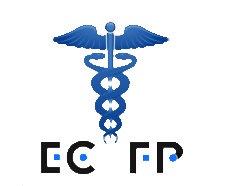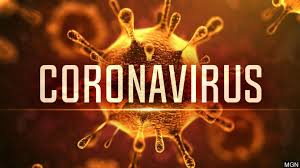In the hustle and bustle of daily life, it’s easy to put our health on the backburner. However, the adage “prevention is better than cure” couldn’t be truer when it comes to our well-being. Regular health check-ups are a cornerstone of preventive healthcare, allowing us to catch potential health issues early and maintain a better quality of life. In this blog, we will explore the significance of regular health check-ups and how they contribute to your overall well-being.
What are Regular Health Check-ups?
Regular health check-ups are proactive visits to your healthcare provider when you are not experiencing any specific symptoms or ailments. These appointments aim to assess your overall health, identify potential risk factors, and detect any underlying health conditions that might be developing silently.
Early Detection of Health Issues:
One of the primary benefits of regular health check-ups is early detection. Many health conditions, such as hypertension, diabetes, and certain cancers, can develop with little to no noticeable symptoms in their initial stages. Regular check-ups allow your healthcare provider to conduct screenings, perform tests, and monitor vital indicators that may indicate the early onset of such conditions. Early detection offers a significant advantage in managing and treating these conditions effectively.
Preventive Care and Health Maintenance:
Beyond early detection, health check-ups facilitate preventive care. Your healthcare provider will assess your lifestyle, diet, exercise habits, and other factors that influence your health. They can offer personalized advice on how to make positive changes to reduce the risk of potential health problems. Preventive care is an investment in your long-term health and can help you avoid more significant health issues down the road.
Building a Strong Doctor-Patient Relationship:
Regular health check-ups also play a vital role in establishing a strong doctor-patient relationship. When you visit your healthcare provider routinely, they get to know you better, understand your medical history, and can tailor their advice and treatments to suit your specific needs. This rapport can lead to better communication, trust, and a more effective healthcare partnership.
Stress Management and Mental Health Check-ins:
Health check-ups are not just about physical health. During your visits, don’t hesitate to discuss any emotional or psychological concerns you may have. Utilize health check-ups as an opportunity to discuss any stress, anxiety, or emotional struggles you may be facing. Your well-being encompasses both physical and mental aspects, and addressing mental health concerns can significantly contribute to your overall quality of life. Your healthcare provider can offer guidance, support, and, if needed, refer you to mental health professionals who can assist you further.
Age-Appropriate Screenings:
As we age, our health needs change and the importance of regular health check-ups only amplifies. Age-appropriate screenings such as mammograms, colonoscopies, bone density tests become increasingly crucial in maintaining vitality and independence in the golden years. These screenings help detect age-related health issues and enable timely interventions for better outcomes.
In conclusion, regular health check-ups are not just a routine medical practice; they are a powerful tool for safeguarding your health and well-being. Embracing the habit of scheduling periodic check-ups can lead to a proactive approach to healthcare, empowering you to take control of your life and make informed decisions about your well-being.
By prioritizing preventive care and early detection, you can address potential health concerns before they escalate into more significant issues. Remember, prevention is the key to reducing healthcare costs, minimizing the impact of chronic illnesses, and ultimately living a longer, healthier life.
In a fast-paced world, it’s easy to overlook self-care, but your health deserves attention and nurturing. Take the first step today and prioritize regular health check-ups. Reach out to your healthcare provider and schedule your next appointment, putting yourself on a path towards a healthier, happier future.
Remember, your health is your greatest asset, and investing in it today will yield immeasurable dividends in the future. So, let’s embrace the power of prevention and make regular health check-ups an integral part of our journey to a thriving and fulfilling life.







